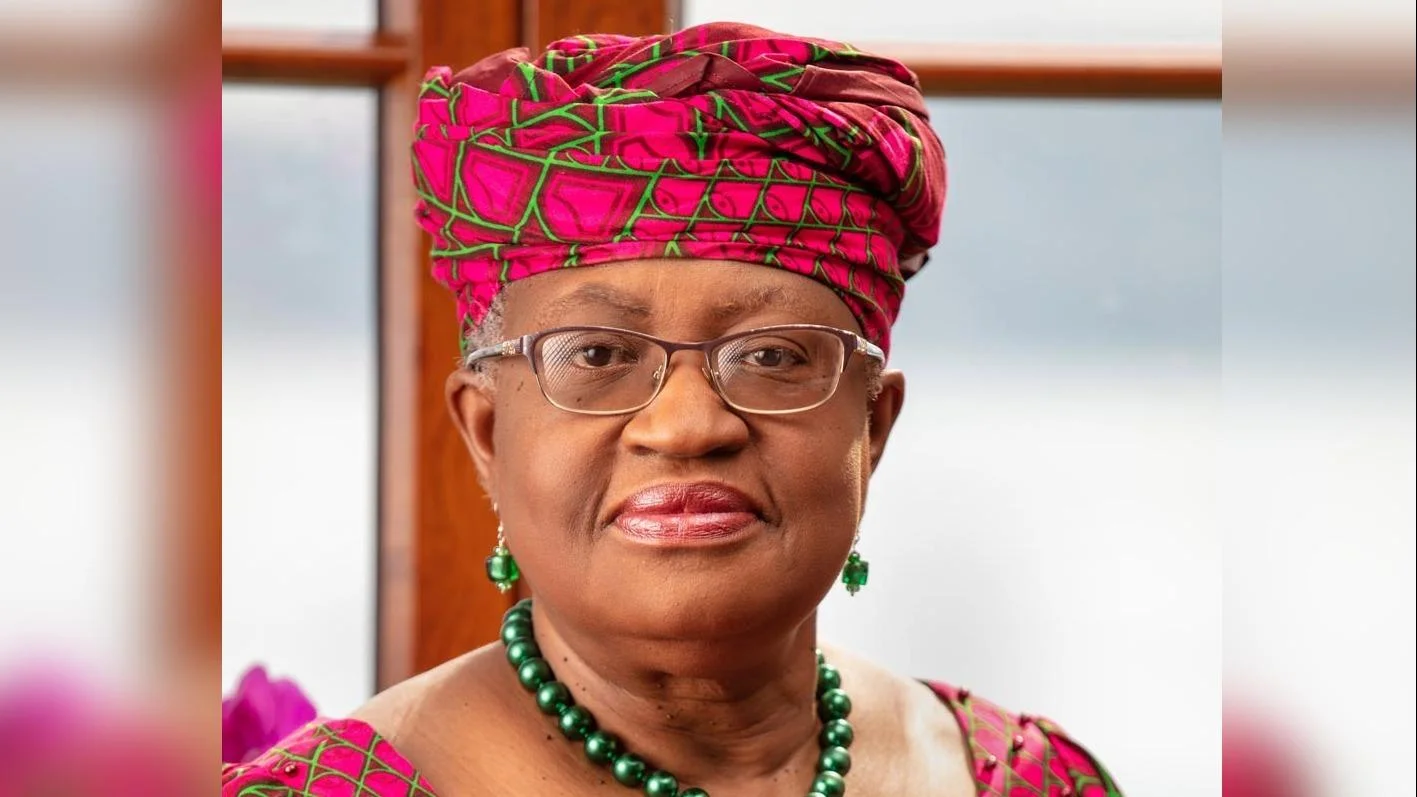South Africa has submitted its second requests for two panels in disputes it initiated concerning European Union regulations governing the importation of citrus fruits. These measures, aimed at controlling the spread of the insect Thaumatotibia leucotreta (False Codling Moth) and the fungus P. citricarpa (citrus black spot), have impacted South African citrus imports. The EU previously declined South Africa's first requests at a DSB meeting on 24 June.
South Africa expressed serious concerns about the WTO consistency of these EU measures, stating they severely impact South African citrus exports and appear to be politically motivated by the EU's citrus industry. "While South Africa does not take this decision lightly, as it has not been a frequent user of the WTO dispute settlement mechanism and the EU is an important trading partner, it also needs to ensure that its rights are properly secured," South Africa stated. It also requested that the same three individuals serve on both panels.
The European Union regretted South Africa's decision to pursue panel proceedings but maintained that its pest control measures are justified and expressed confidence in succeeding in these disputes.
The DSB agreed to establish two panels. For DS613, Australia, Canada, the United States, the United Kingdom, Japan, Israel, India, Colombia, China, Eswatini, Brazil and Paraguay reserved third-party rights. For DS624, Australia, Brazil, Canada, China, Colombia, Eswatini, India, Israel, Japan, Paraguay, the United States and Argentina reserved third-party rights.
China has submitted its first request for a dispute panel regarding US subsidy measures under the Inflation Reduction Act (IRA), which China claims discriminate against imported goods or favor domestic products. Consultations held on 7 May failed to resolve this dispute.
China criticized IRA as potentially being "the single largest subsidy measure ever enacted," with estimates ranging from USD 393 billion to over USD 1 trillion. It argued that while members aim to benefit from clean energy transitions, they should not abandon non-discrimination principles fundamental to global trade systems.
The United States opposed China's request for a panel. It described China's complaint as an attempt to hinder US efforts addressing climate change and building a resilient clean energy supply chain. The US labeled China's approach hypocritical due to its own industrial policies detrimental to global trade objectives.
China expressed disappointment with US opposition and emphasized that WTO rules must be applied fairly and non-discriminatorily in combating climate change.
In another matter involving India — Tariff Treatment on Certain Goods in the Information and Communications Technology Sector (DS588), India and Chinese Taipei requested additional time for adopting panel rulings regarding India's tariffs on high-tech goods until 28 October 2024. The DSB agreed to this delay request.
Regarding Appellate Body appointments, Colombia introduced for the 78th time a proposal supported by 130 members to start selection processes for filling vacancies on the Appellate Body. The United States reiterated its opposition due to unresolved concerns with WTO dispute settlement processes.
Twenty-six members commented on this issue during discussions. Many emphasized urgent reforms needed for a fully functioning dispute settlement system by 2024 as mandated by recent Ministerial Conferences.
Colombia voiced regret over continued delays in launching selection processes despite ongoing reform conversations which should not impede Appellate Body operations.
Ambassador Saqer Abdullah Almoqbel of Saudi Arabia expressed support for Ambassador Usha Dwarka-Canabady of Mauritius in her efforts towards achieving positive outcomes within mandated timelines for dispute settlement reforms.
The United States presented status reports on various disputes including anti-dumping measures involving Japan and Korea as well as methodologies affecting anti-dumping proceedings involving China. The European Union reported on biotech product approvals while Indonesia provided updates on horticultural importation issues.
The next regular DSB meeting is scheduled for 23 September.
___

